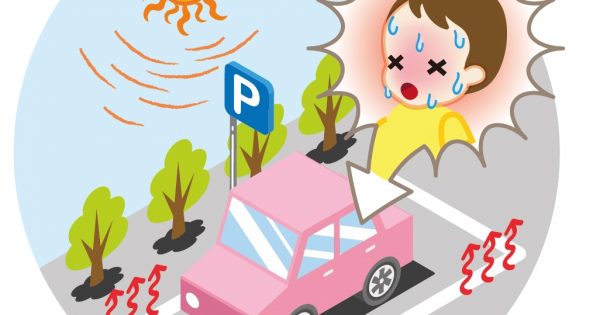Watching your baby grow into a bubbly toddler is one of the most exciting aspects of early parenting. He starts to make cooing noises or imitate sounds during his first year. And then it finally happens – your child finally says his first “real” word when he turns one!
At 18 months, he goes on to identify the objects around him. His vocabulary increases. He knows it is a ball or a cat and he doesn’t need to be told twice.
Parents and caregivers play an important role in a child’s language development. Studies show that parents, who talk to their children often and use a rich vocabulary to describe things around them, will help their children develop a larger vocabulary.
Talk to your toddler
Your baby loves to hear you talk, especially if you do it with a warm and happy voice. Since he will learn to speak by imitating the sounds that he hears around him, the more you talk to him, the faster he will develop his speech and language abilities. Here are some ways to enhance the learning experience:
- Nursery rhymes and songs. Singing to your baby is a great way to interact with him, while teaching him new words and music. He will learn to understand the importance of sound. Constant repetition will make it easier for him to learn words. Simple verses of song can be enhanced by accompanying hand gestures or dance movements. So even if you don’t sound like Kelly Clarkson, your baby will still love to hear you sing.
- Books and stories. Start with these as early as you like. Bedtime stories are an enjoyable activity for your child. If done consistently enough to become a routine, it can become a signal to start calming down for bedtime or naptime. Take advantage of these precious moments to spend quality time and bond with him. You can interact with your baby by letting him point out pictures and naming them, or asking him to point at objects that you name.
- Have two-way conversations with your toddler. Rather than speaking to him in an authoritarian style, try to get your toddler to respond to you verbally. Not sure if he understands? Talk anyway! Over time, your baby will begin to associate feelings and thoughts to the words that you say. Interacting with you will help build his confidence to start talking more. Make sure you give him lots of opportunities to practice how to talk.
- Extend your sounds and words. If your toddler says “Drink milk,” you can help him elaborate his thoughts by using more descriptive language. For example, you can say: “You are having your milk in a cup. Remember to finish your milk while it is nice and warm.” By speaking to him more, you are actually helping him to build up his vocabulary.
- Add details to the objects and events of the day. For example, if he says “car”, you could add, “That’s right, it’s a toy car. It is a red car. If you push it, it will roll forward”. To help expand his vocabulary, use a rich vocabulary to describe the things you are talking about.
Age-appropriate television programmes can help expand your child’s language skills. Try to watch some of these programmes with him. This way, you can talk to your child about the shows you have watched together. However, it is not recommended that children under 2 years to watch TV or are exposed to screen activities.
What to avoid
Avoid having the television or radio on as a constant background noise. This could confuse or distract your toddler when you speak to him. You should also avoid the habit of giving him frequent instructions. Remember that talk should be fun and is not about bossing him around. He needs the opportunity to talk to you via a two-way conversation and not just to listen or be told what to do.
If your toddler seems puzzled when you say something, try saying it in a different way, using different words. Repeating certain words often will make it easier for your child to expand his vocabulary. Above all, watch the tone of your voice. Young children do not just respond to what you say, but how you are saying it as well.







Comments